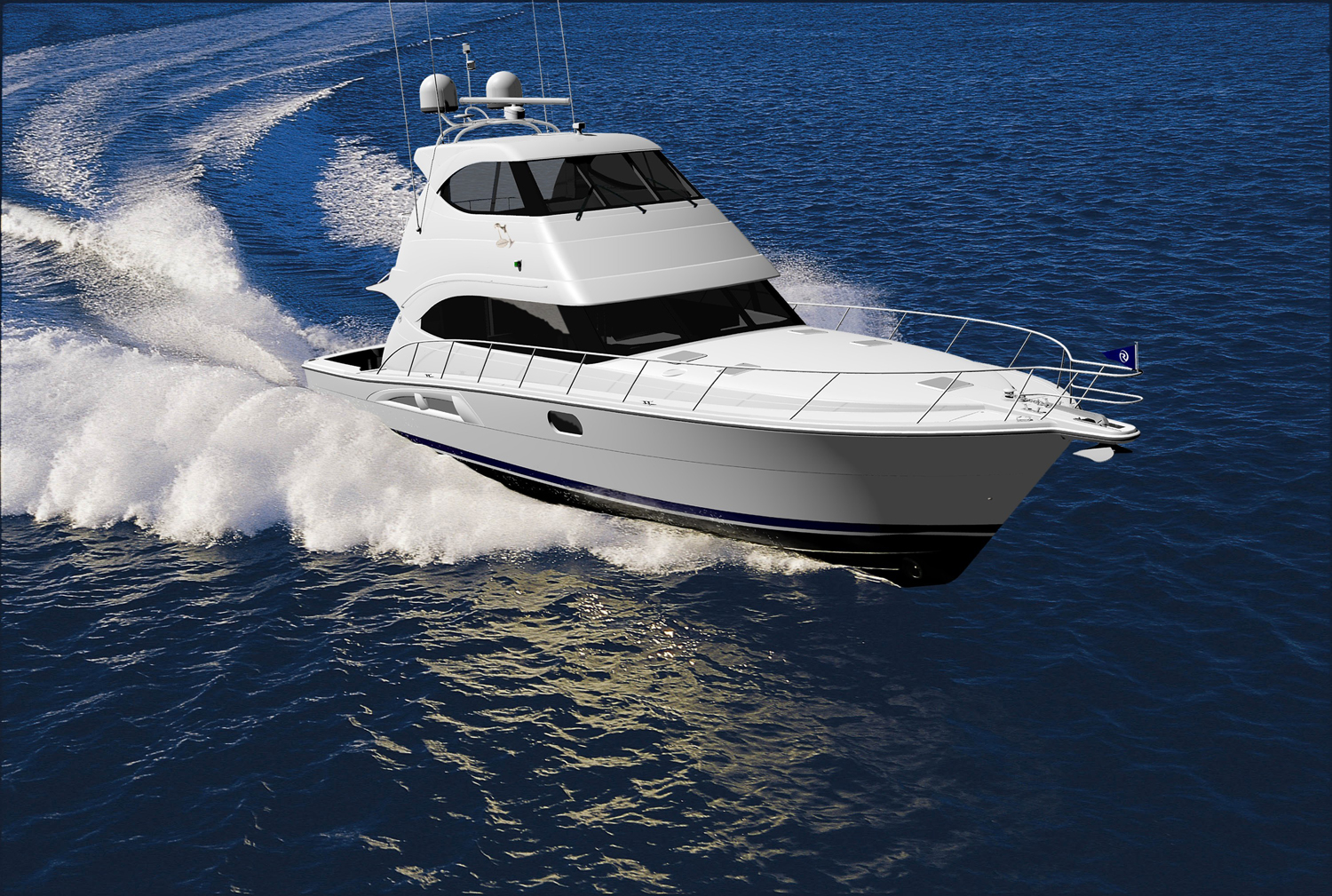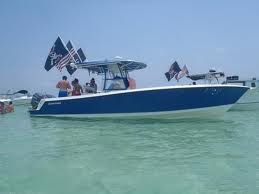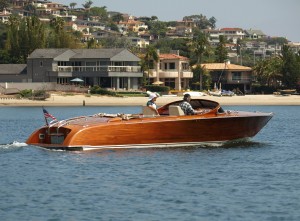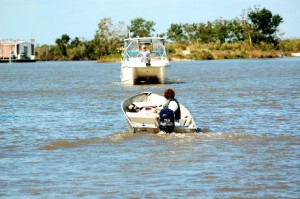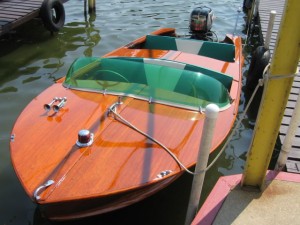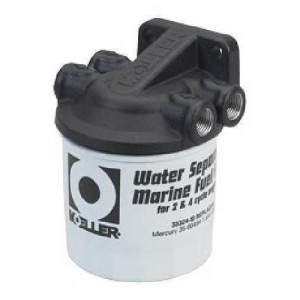Synthetic Oil Myth Busted
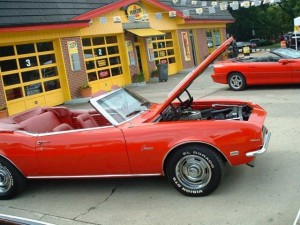 It is surprising the number of boat owners who don’t understand what goes into synthetic oil. Do a quick poll of your boating buddies and I’ll bet that they think synthetic oil never came from nature. This couldn’t be further from the truth.
It is surprising the number of boat owners who don’t understand what goes into synthetic oil. Do a quick poll of your boating buddies and I’ll bet that they think synthetic oil never came from nature. This couldn’t be further from the truth.
Synthetic oil derives from natural oil. The natural oil is simply refined to a higher degree and improved upon with complex additives for both everyday use and use in extreme conditions. If you’re still in doubt; don’t worry because you can stick with Yamalube 2-M.


